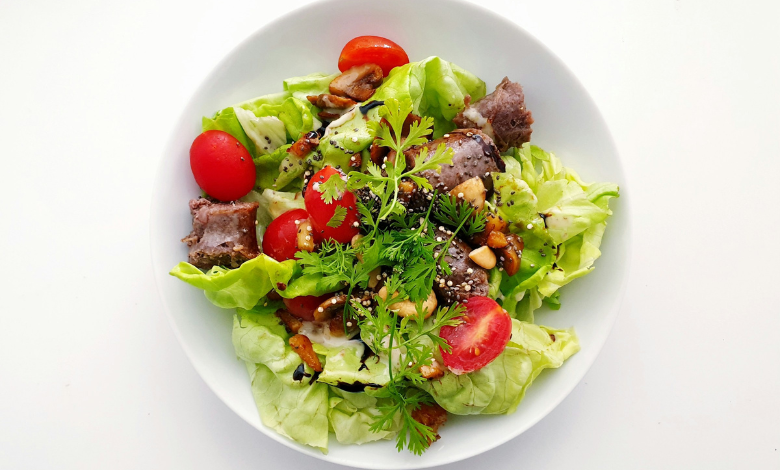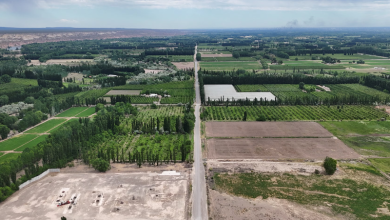Khaled bin Mohamed bin Zayed approves launch of economic cluster to improve food security

HH Sheikh Khaled bin Mohamed bin Zayed, Crown Prince of Abu Dhabi and Chairman of the Abu Dhabi Executive Council, has approved the launch of an integrated economic cluster poised to play a leading role in global efforts to tackle food and water shortages.
Led by the Abu Dhabi Department of Economic Development (ADDED) and Abu Dhabi Investment Office (ADIO), the AgriFood Growth and Water Abundance (AGWA) Cluster is designed to support local suppliers and exporters alike, helping maximise opportunities.
This innovative cluster is set to become a global hub for novel food and ingredients, and technologies to increase access to and the utilisation of water resources. It taps into a Dh77.4 trillion industry bearing significant potential for economic growth and job creation.
Propelling economic progress, diversification, job creation
AGWA aims to help meet rising global demand, address shifting dietary patterns, alleviate pressures on agricultural systems, capitalise on technological advancements, and support global food security to ensure a reliable and resilient supply chain.
HH Sheikh Khaled bin Mohamed highlighted food and water security as a top national priority for the leadership, emphasising the potential of the economic cluster to cultivate sustainable local production and effectively address the increasing demand for resources.
AGWA is the second in a series of economic clusters launched by the UAE capital in an effort to propel economic progress, diversification and job creation, besides promoting investment opportunities in future-focused industries.
Serving dietary needs of population exceeding 9 billion
By 2045, the innovative cluster is expected to contribute Dh90 billion in incremental Gross Domestic Product (GDP) to the emirate’s economy, help create more than 60,000 fresh jobs and attract Dh128 billion in investments, according to media reports.
UAE’s Abu Dhabi has long recognised the profound challenges posed by global food and water shortages. The latest cluster represents the next phase of the emirate’s strategy, channeling investment into future-focused clusters and simultaneously addressing global issues.
By 2050, addressing the dietary needs of a global population exceeding 9 billion is expected to necessitate a projected 50% increase in agricultural production and a 15% rise in water withdrawals, according to the World Bank.
Read More: UN chief raises alarm over climate change and deadly conflicts driving food insecurity



